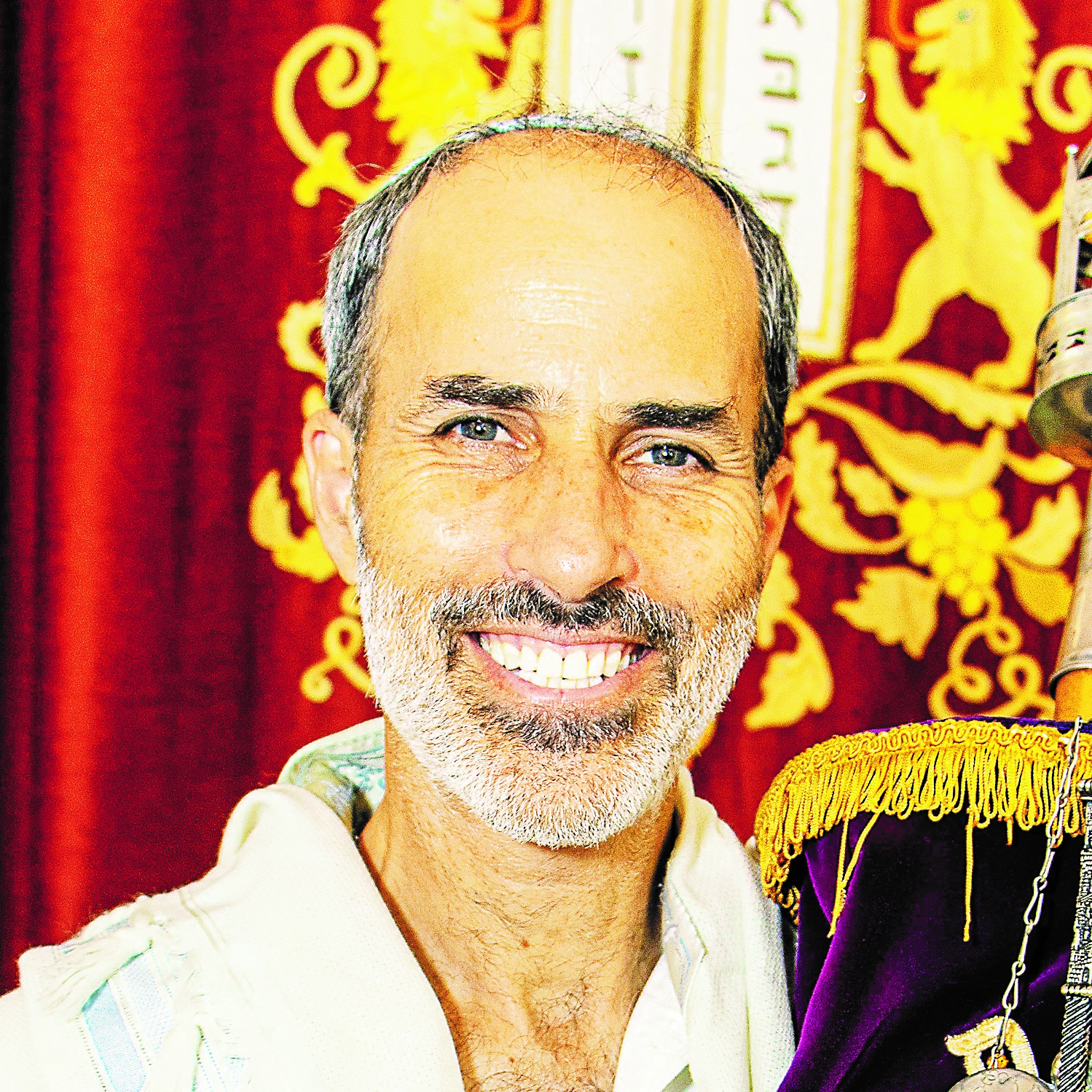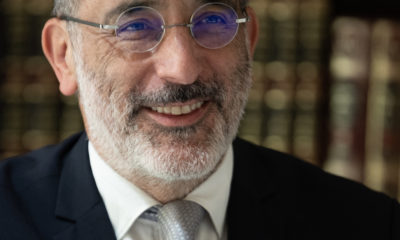
Religion

Why remembering is re-membering
As the new year begins, I have just finished the shloshim period for my mom, aleha shalom (peace upon her). It doesn’t matter how many times I’ve sat with mourners, it doesn’t prepare you for being a mourner yourself.
One line from Rosh Hashanah prayers has been sitting with me over the past few days as I prepare for the yom tovim: “Atah zocher ma’aseh olam” (You, G-d, remember the deeds of all time). The thought of this line has somehow been a comfort to me. I hear it telling me that life – every single small part and particle of it – is precious and valuable, that life everywhere and always deserves our love and respect, that nothing is simply irrelevant or forgotten, and that everything matters. My mom was a real doer, and the notion that all her actions have been archived in the divine hard-drive is a great comfort.
G-d remembering is a key element of the high holy days. Rosh Hashanah in the Torah is known as “Yom haZikaron” (the day of remembering). Zikaron comes from the Hebrew root “zachor”, which has four root meanings.
The first is the most well-known, which is to remember. Rabbi Abraham Joshua Heschel said, “Judaism doesn’t command us to believe, it commands us to remember.” When someone dies, we say, “Zichronah livrachah (May she be remembered for a blessing), and we add the acronym, “z”l”, after their name. Zachor is linked to yizkor, a service I’ll participate in for the first time as a participant, not just a leader, when we remember those who have made their crossings to olam ha-ba (the next world).
When we remember someone, we literally re-member them – we gather together those memories as if we’re gathering together the parts of that person and re-making them in our minds. In Yosef Chaim Yerushalmi’s amazing little book on memory, Zachor: Jewish History and Jewish Memory, he says, “Memory isn’t recollection, which still preserves a sense of distance, but re-actualisation.” He said this describing the Pesach seder and how we re-enact going out of Egypt, and it applies to any act of remembering that is re-membering. When we gather together the threads of memory, the person lives in some way in those memories.
The second meaning of the word “zachor” is to be aware – remain aware – of something, like, “You’d better remember who’s boss around here.” From Rosh Hashanah onwards, we’re sitting in a divine courtroom, waiting to see how our year ahead will be sealed, and for that we’re asked to be fully present, to be aware. Throughout the high holy days, we repeatedly ask G-d to remember us for life – zichrono l’chaim. Aware of how fragile life is, we ask for another year of good health, with those that we love around us.
The third meaning of “zachor” is to speak of something or someone, like when we might say to a friend or relative, “Remember me to your family.” Think of Shabbat kiddush, when we say zachor et yom ha-shabbat l’kadsho (Ex 20:8) (Remember the Shabbat day, and make it sacred). On Shabbat, we regularly re-member through speech – kiddush. On Rosh Hashanah, we speak in prayer to G-d, saying, “Help me to return, help me to get back on the path.” And equally, throughout the days of return, we’re called to speak to each other saying, “Forgive me for being less than I should. Forgive me my mistake, and let me repair it.”
Finally, the fourth meaning of the word “zachor” is linked to the Hebrew word zachar – male. Are men better at remembering than women? Clearly not. It’s probably because in ancient societies, you were “remembered” by your male descendants, while daughters might get married out to other families or tribes and wouldn’t then continue the patrilineal line. In kabbalistic imagery, the male aspect is the penetrating aspect, and over the high holy days, the obvious masculine image is the shofar, from which we send out the primal sounds that penetrate our ears and souls. One of the three parts of the shofar service is called zichronot – remembrances. Zichronot are the power to re-member, to assemble our fully present selves in all our strength and call out in our voices, to respond, to answer, to pray, to seek repair in our relationships, to wail and cry with the shofar.
Can you imagine the consequences if we had no memory, no past to learn from? To re-member is to look backwards and fully count our days of the past year, to look with full awareness at where we’re now, and to look ahead to where we want to be and who we want to be. Written over the entrance to Yad Vashem are the words from the Ba’al Shem Tov, the founder of Chassidism: “Ha-z’chira hi shoresh ha-geulah” (Memory is the root of redemption). May the high and holy days to come see us re-membering and re-membered for a good and sweet year ahead. Shanah tovah umetukah!
- Rabbi Greg Alexander is a member of the rabbinic team at the Cape Town Progressive Jewish Congregation.










